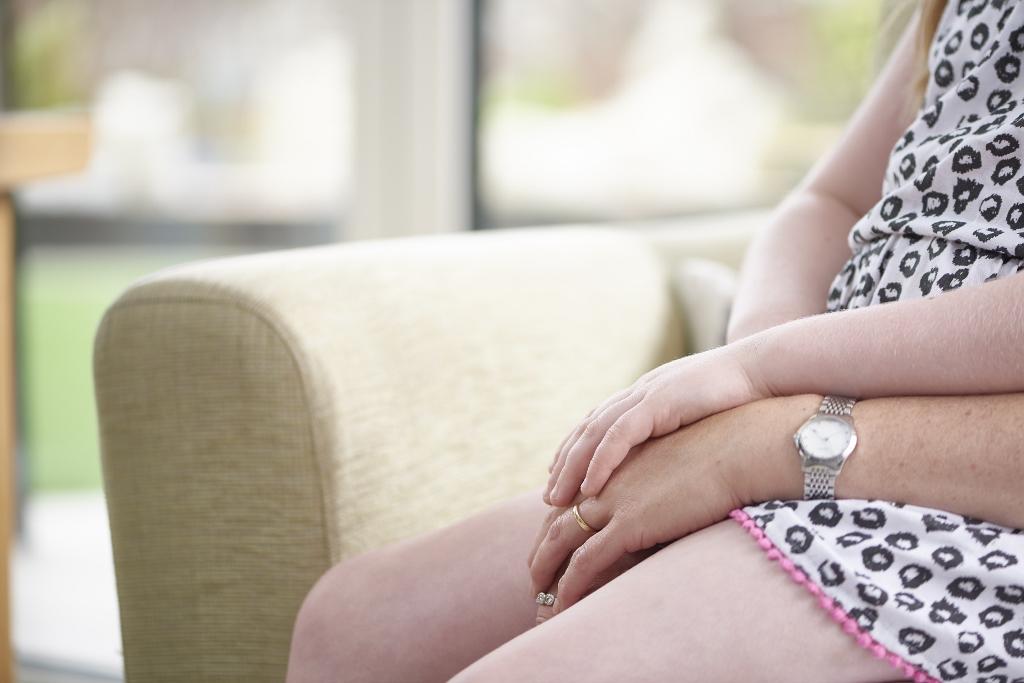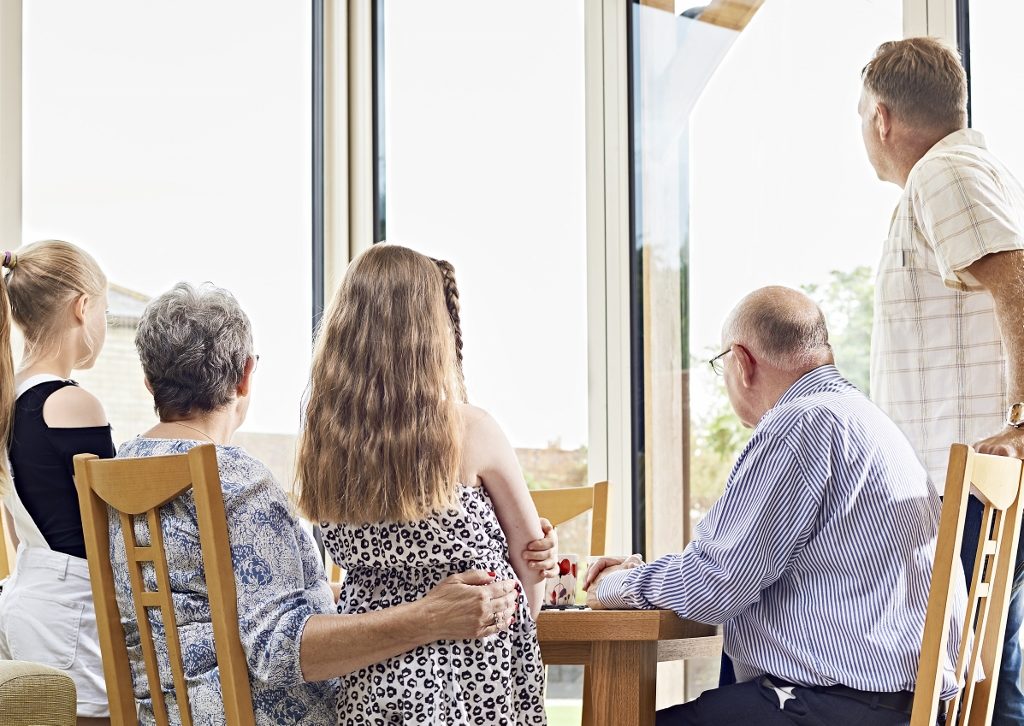Explaining Death to Children

If you have a child and have recently lost a friend or loved one, the thought of discussing the subject of death can be extremely daunting. This is especially so if you are experiencing grief and are struggling to come to terms with the loss yourself.
As adults, it’s natural for us to want to shield our children from any unnecessary pain, however, children do have the capability to deal with difficult situations. By withholding information, you run the risk of making things more confusing for them. No matter how hard it is, it’s important to be truthful with your children and discuss the loss with them in simple terms they can understand.
Below you’ll find some short pieces of advice to help you explain death to children:
-
Be honest
If you are showing signs of upset, being open and honest about what has happened will help your child understand your anguish. We recommend telling your child as soon as possible, to avoid any confusion. It’s best they hear the news from you or a loved one rather than overhearing a conversation.

-
Tell them in private and be prepared
If possible, tell your child the news in private without others around. They may wish to be comforted so holding their hand or sitting close to them can help them feel safe. Your child may show signs of upset and this can be hard for any parent. Try to remember this is a natural reaction and by being truthful about the loss and letting them process the grief in their own way, they can learn to mourn. Children can be upset one moment and keen to play with their toys the next. Be aware they grieve differently to adults.
-
Use simple language
It’s important to use language that children can understand. The words dead and died provide clarity to children. Using a phrase like ‘passed away’ may be easier to say but is likely to be misunderstood, especially by younger children. You may need to explain the difference between being dead and alive if they are struggling still to understand what has happened.
-
Only give as much info as the child wants
During your initial conversation, you may wish to just inform them of the death and let them process the information. If they want to know more, they will ask questions. It can be very overwhelming, so they might not want to discuss it at first. Try to be as relaxed as possible and answer their questions directly. You might find they want to have several conversations over days, weeks or months.
-
Discuss the upcoming funeral service
If your child will be attending a funeral service, you might want to consider discussing this with them ahead of time, so they know what to expect. Explain the surroundings, talk about what will be said, where the coffin will be and what will happen next.
If you need any further advice, we recommend joining one of our Douch Family Bereavement Groups or reaching out to The Child Bereavement Charity. The charity provides confidential bereavement support for those affected when a child is facing bereavement. You can contact them by calling 01494 446648 or emailing them at [email protected]. Alternatively, we recommend finding out more about Mosaic Family Support. Mosaic Family Support is a local Dorset based charity for bereaved children and young people.
For more information about Douch Family Funeral Directors in Dorset and our funeral services, please use our contact form or get in touch with our compassionate team on 01202 367 307.

